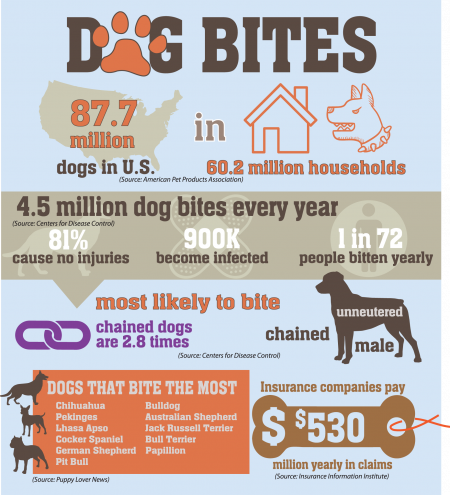How To Know If Dog Hates Daycare
How To Know If Dog Hates Daycare
Blog Article
Can Canine Day Care Cause Illness?
Dogs in childcare obtain lots of workout, socializing with other dogs and one-of-a-kind experiences. This can be specifically valuable for puppies and pets with behavior issues.
There are numerous lawful considerations you need to consider when beginning a dog childcare organization. These consist of the framework of your organization and conformity with federal government regulations.
1. Canine Distemper
Canine distemper is spread with direct contact with the physical liquids and waste of a contaminated pet dog, yet it can additionally be sent via shared water and food bowls or through airborne droplets. This highly infectious disease is most harmful for young puppies, however it can affect pet dogs of any kind of age and is deadly for the majority of if left untreated.
Initial symptoms of canine distemper frequently mimic a common cold, including runny eyes and nose with watery or pus-like discharge. As the disease progresses, a dog will create high temperature, coughing, lowered cravings, throwing up and looseness of the bowels. The infection can additionally strike the nerves, causing seizures, shivering and partial or full paralysis.
Trustworthy childcares lower direct exposure to infection by calling for inoculations, routine health examinations and comply with strict hygiene protocols. If your pup appears extremely weary or hopping, a day of rest may help him recover, yet you need to stay clear of taking him back to day care up until these signs clean up.
2. Kennel Cough
Kennel coughing, additionally called contagious canine tracheobronchitis or Bordetella, is an extremely infectious viral or bacterial disease that influences the breathing tract. It's typically transferred via the exchange of saliva or air beads that an unwell pet dog breathes out. Social canines are at greater threat for infection because of their regular interaction with one another, such as when they play, share food or water, smell each other or just meet in a crowded setting like a pet dog park or day care.
The most typical sign of kennel cough is a relentless and strong coughing that sounds like something stuck in the throat or retching. Usually, pet dogs will divulge foamy white phlegm. If left neglected, a dog can create pneumonia and be at serious risk permanently.
A credible day care facility should have rigorous cleaning and sanitation methods, sanitize all playthings, food and water bowls frequently, and be open about their inoculation policies. Maintaining your pet dog up to day on their inoculations, specifically for bordetella and canine flu, will significantly lower their opportunities of contracting the illness.
3. Parvovirus
Canine parvovirus, or parvo, is an extremely contagious viral ailment that can be dangerous for young puppies and young person pet dogs with poor body immune systems. It's most typically spread out by direct contact with infected canine feces-- which can take place when pet dogs sniff, lick, or preference contaminated feces-- and indirectly from polluted people, things, or environments (like kennels, brushing rooms and grass). Young puppies and dogs without total vaccination backgrounds are especially at risk to parvo.
The virus is exceptionally durable, surviving in the setting for up to 9 years, and can easily be moved between pets by get in touch with through feces or on footwear, clothing, and bed linen contaminated with parvovirus. Otherwise treated promptly with IV fluids, electrolyte equilibrium, vomiting control medicines and antibiotics to stop additional microbial infections, a canine will swiftly dehydrate and create serious looseness of the bowels, which leads to shock and sepsis. Parvo is hard to cure as soon as a dog has come to be ill, but with proper vet boarding dogs care, several young puppies do endure this illness.
4. Dog Flu
Pooch influenza infection is highly transmittable and spreads through straight contact, sharing food and water bowls, licking or nuzzling other pets, through air-borne beads, and with infected surfaces. Vaccination works in reducing the danger of infection and episodes.
Most impacted pets develop a light respiratory infection with a cough that lasts 1-3 weeks. They might also have nasal and ocular discharge, sneezing, and sleepiness. Several of the most severe instances result in pneumonia and a high fever.
If your pet dog shows any of these signs, do not bring them back to childcare until they are healthy. If your pet dog is revealing signs of extreme tiredness or hopping, talk to your vet as soon as possible and see to it they are on health supplements to aid construct their immunity. A veterinarian will examine your pet for symptoms of the flu by taking a sample from the nose or throat, and blood examinations can be done to validate.